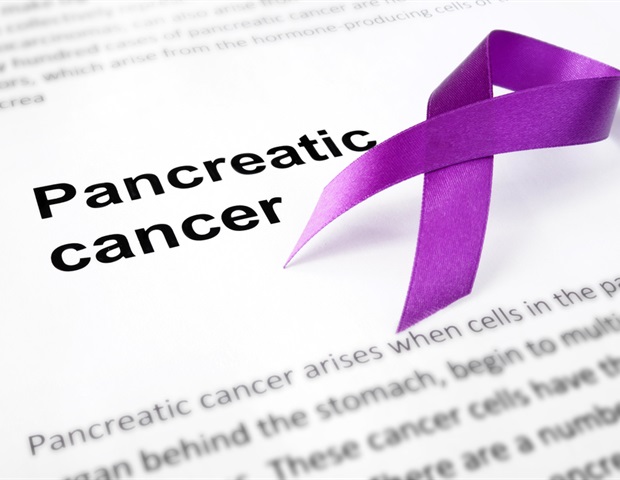Pancreatic ductal adenocarcinoma (PDAC) is recognized as one of the most lethal cancers, with an estimated five-year survival rate of approximately 10%. This poor prognosis is largely attributed to the challenges in early diagnosis, aggressive tumor biology, and limited treatment options. Most PDAC cases are diagnosed at advanced stages due to its typically asymptomatic onset, making only a small percentage of patients eligible for potentially curative surgical resection.
In recent years, increasing attention has been paid to the role of gut microbiota dysbiosis in PDAC, as it appears to influence disease progression, immune response, and therapeutic efficacy. Emerging studies suggest that manipulating the microbiome could present novel approaches to screening, diagnosing, and even treating PDAC. Among these strategies, fecal microbiota transplantation (FMT) shows promise as an adjunct therapy, potentially improving patient outcomes through microbiome modulation.
The human gut microbiome The human gut is home to trillions of microorganisms, forming a complex ecosystem that interacts with the host in numerous ways. This gut microbiota impacts various physiological processes, including immune regulation, nutrient absorption, and metabolism. A stable and diverse microbiota generally contributes to health, whereas shifts in microbial composition can lead to disease.
Factors such as diet, lifestyle, age, and medication, especially antibiotics, influence the microbiome composition..


















